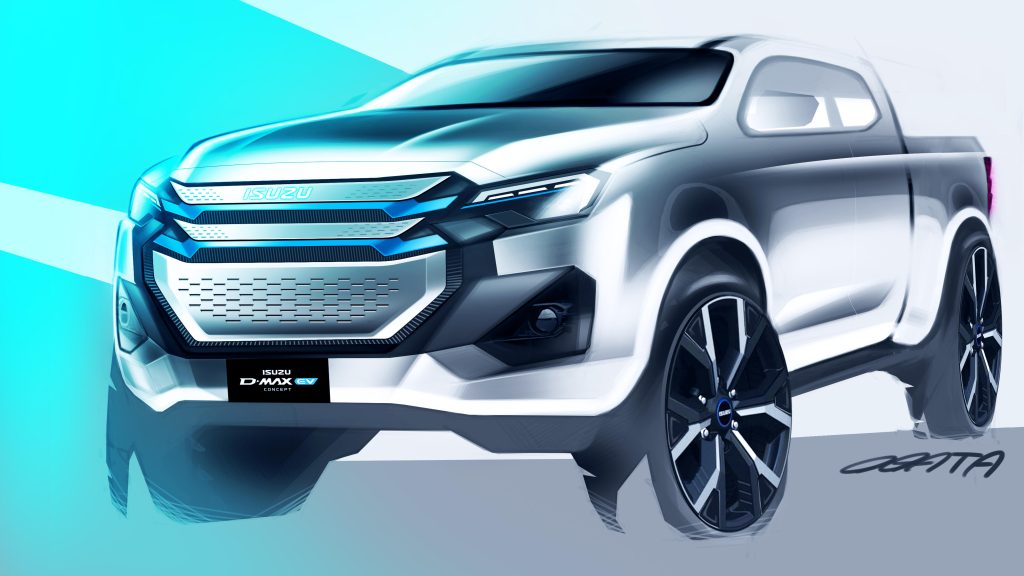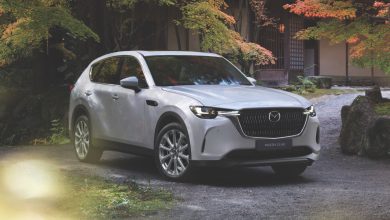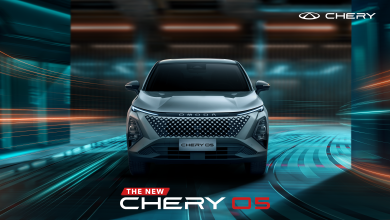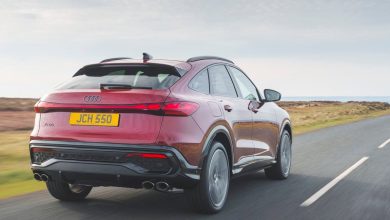Isuzu Invests RM 4.3 Billion To Produce Its D-Max BEV In Thailand
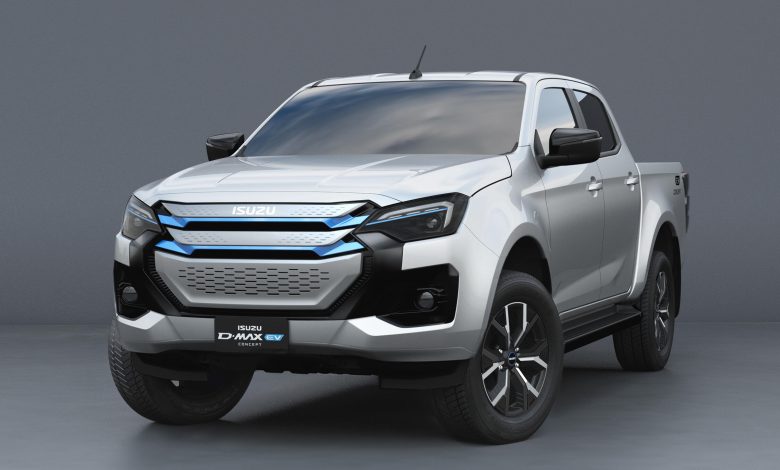
Thailand will serve as the main production hub for this upcoming all-electric Isuzu D-Max pickups.
In spite of it having only been teased a short while ago, Isuzu does nevertheless appear to have some real high hopes for its upcoming all-electric version of the D-Max. Such is especially as the Japanese automaker has recently announced a massive $900 million (RM 4.3 billion) investment to establish a new production line for this particular EV in Thailand, which is scheduled to be churning out the production versions of this zero-emissions workhorse as early as 2025.
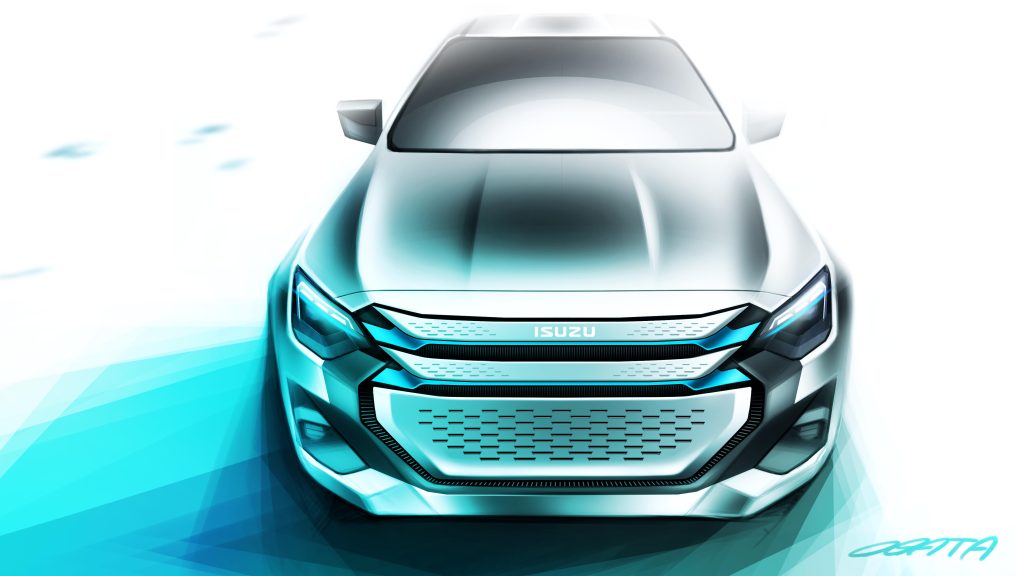
Further details from Isuzu regarding this investment is unfortunately rather skint thus far, with the only bit of official information divulged is for this substantial chunk of change to be part of the Japanese automaker’s larger ¥1 trillion (RM 31.2 billion) spend it intends to dedicate towards further research and development by 2030. This budget has also been earmarked to establish a new testing centre for the company at an as-yet-unreported location.
What has however been reported is for Isuzu’s recent investment in Thailand was made after the automaker rejected its prior consideration of building a new assembly line in Europe to target that particular market. This change of heart was apparently primarily due to the sales of battery electric vehicles in Thailand and Indonesia having been so robust, that the company chose to build the new production facility in Thailand.
Thailand is currently Isuzu’s main global production centre for its D-Max pickup truck, with 300,000 units (including MU-X SUV derivatives) being produced over there in 2023. This staggering production figure puts Isuzu as Thailand’s second largest vehicle manufacturer, right after Toyota.
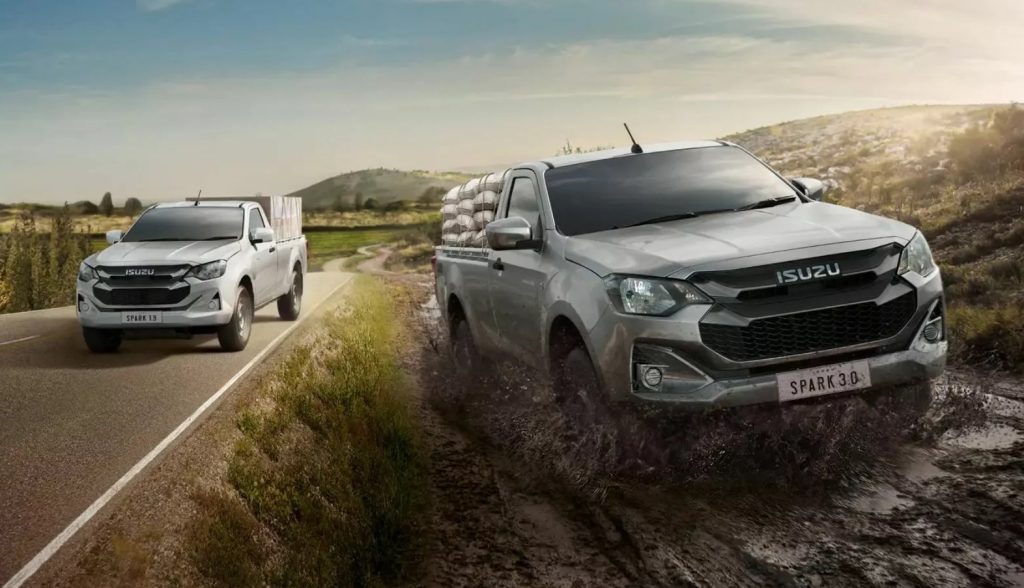
Isuzu’s first-ever all-electric vehicle, the Japanese automaker has previously teased for the upcoming D-Max pickup will be making its debut first in select mainland Europe markets such as Norway in 2025, before being be rolled out to the UK, Australia, Thailand, and other countries based on market needs and the maturity of EV charging infrastructure.
Propulsion of this e-pickup comes courtesy of a a motor on each axle as well as a full-time 4×4 drive system, which delivers combined maximum power and torque output of 130 kW and 325 Nm. Said total figure is derived from its beefier rear motor producing 90 kW and 217 Nm of torque, while the slightly weaker front unit pumps out 40 kW and 108 Nm of torque.
As for what powers these new e-Axles meanwhile, the D-Max BEV is slated to feature a 66.9 kWh lithium-ion battery pack and management system from Isuzu’s Elf integrated within its ladder-frame chassis. A range figure and its charging capabilities has yet to be provided for this e-pickup, though what was released in its place is for this e-pickup to match its diesel counterpart with a maximum payload and towing capacity of 1,000 kg and 3,500 kg respectively.
